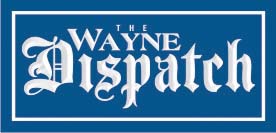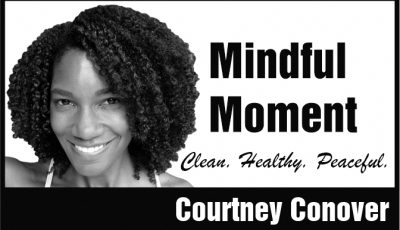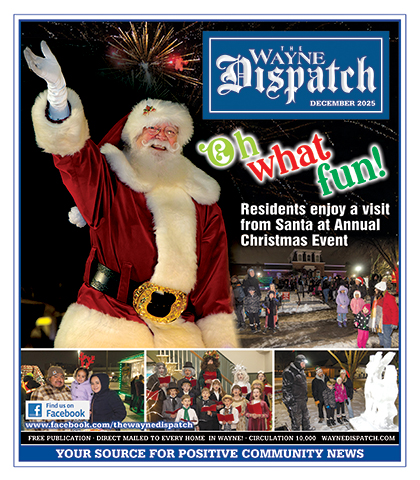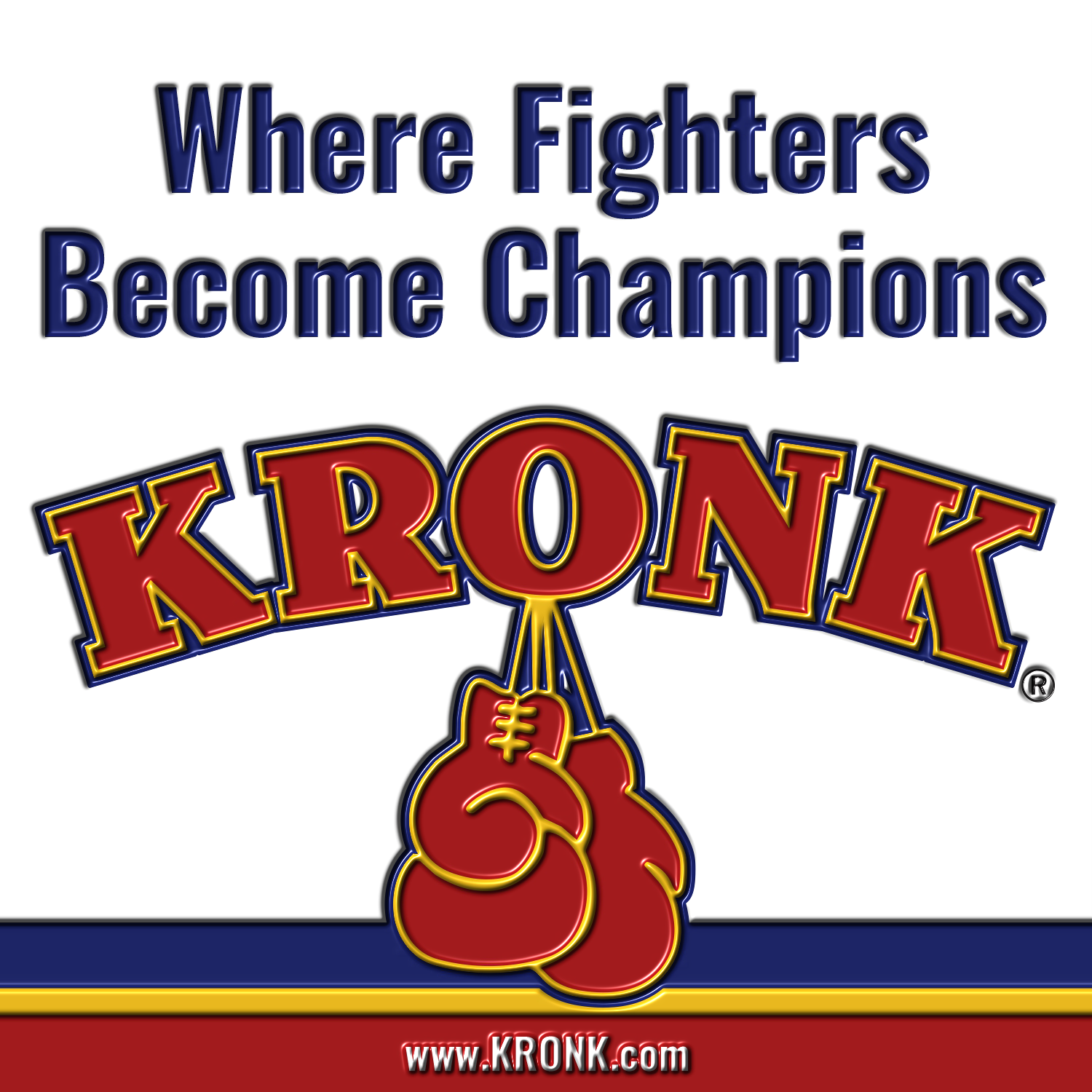Lions Head Equipment Manager Tim O’Neill
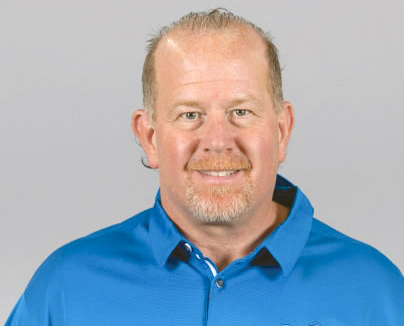
Lions Head Equipment Manager Tim O’Neill.
By Courtney Conover – As a freelance writer, it is not uncommon to have a personal connection to a particular subject. But in my 22-year career, I’ve never had the opportunity (and privilege) of interviewing someone who resides in my hometown and works for the Detroit Lions, whom my husband, Scott Conover, spent his entire NFL career playing for as an offensive lineman from 1991-1997.
With the dawn of yet another NFL season upon us, there’s no better time to catch a glimpse inside the life of Wayne resident and Detroit Lions head equipment manager, Tim O’Neill.
Courtney Conover: Right now, we’re about a week out from the start of training camp, and to say you’re busy would be an understatement. So, first, thank you for taking a moment out of your day to complete this interview…
Tim O’Neill: No problem at all, my pleasure; I’m glad to do it. Especially considering our ties…
CC: How many years have you served as head equipment manager for the Detroit Lions?
TO: I’ve been the head equipment manager for the Detroit Lions for 18 seasons. I was an assistant for two seasons here, previously. I was an assistant to Green Bay [Packers] for seven years prior to coming here.
CC: How did you come to work for the Lions?
TO: Well, in the equipment world, one enters in one of two ways: Through college sports or from the manufacturing side. And I came from the latter. Way back before I worked at Green Bay, I was working for Douglas Pads & Sports, a custom shoulder pad company in Houston, Texas—probably the leading shoulder pad company in the NFL and among Division I colleges—while also assisting the Houston Oilers on a volunteer basis in the early 1990s. The head guy with the Oilers got the head job in Green Bay, and after a year of being there said, “I’m going to create an extra position, and I want you to be my guy up here.” So, I went to Green Bay, did well, and then an opportunity came up here. You just kind of move along.
CC: From footballs to uniforms, it takes a lot of equipment to not only conduct a game, but to also prepare players to compete in the first place. What exactly does your job as head equipment manager entail?
TO: First, it encompasses a wide variety of things—and it isn’t just me. There are five other people here in the department, and it’s a group effort. We do everything—from the most important, which is safely and properly outfitting every player and every athlete on the team. Now, that is mainly helmet, shoulder pads, and footwear. Concussions have been such a hot point in the last 15 years, but your shoulders and your feet are just as important. Some players are not going to use their helmet on every play—now, of course, your husband did; every time that ball snapped, his helmet was in play. But if you’re a wide receiver and the ball is not coming to you on this play, you’re just running down the field. Your cleats are involved in every play. You must have the proper footwear. From there, we outfit all the soft goods for everyone in the building. That’s all the practice and game attire, footwear, workout gear, and weight room shoes. We do all the laundry; we do all the set up—along with the trainers—to manage practice. We set up the cones, we have guys that work the clock. We want practice to go as smoothly as possible for the players and the coaches.
CC: It’s not uncommon for my husband, Scott, to regale me with stories of how the little things a staff member did ended up having a huge, positive impact on his performance, like how his equipment manager used carpet tape on his shoulder pads. This, as you know, made it quite difficult for his opponent to grab ahold of his jersey and use any extra fabric as handlebars to steer him this way and that, a nightmare for offensive linemen. Name something similar that you do which goes above and beyond in assisting a player in playing his best game.
TO: He’s right. We do things like running their helmets and shoulder pads through an ozone machine. Last year, due to COVID—and this year—we’ll do it daily. This kills all bacteria. That’s something the players don’t even know we do—and never even see—but at the end of the day, we know we’re doing something that helps our athletes. For example, when the team goes out for the second half at Ford Field, one of the guys stays behind in the locker room, and he’ll go to each player’s locker and pull out his equipment bag and set it by his chair. And everything the player’s not using—a spare pair of gloves, extra cleats, pre-game items, etc.—all those items would be put inside the player’s bag. So, say, when Scott got off the field, he would strip down, he would put his equipment inside that bag, and he would go shower, get dressed, and then he would leave. So, then we [equipment staff] load all those bags up in the truck, bring them from Ford Field back to Allen Park [Lions Practice Facility], and then we would set Scott’s locker up back here at Allen Park. And then—besides doing all the laundry, we’d clean his helmet, clean his shoulder pads, and sanitize all that for him. So, a lot of times, players don’t even know that goes on.
CC: So, wait. You do all the above with a staff of only five people? That seems nearly possible.
TO: Yeah, it’s a lot of hours. When the season starts, we don’t get a day off. You just grind it out. Again, you’ve really got to love this.
CC: Now, take me through a typical day of practice at the Lions Practice Facility in Allen Park…
TO: Our week runs Wednesday through Monday. Wednesday and Thursday are heavier days for the players—there’s a walk-through practice, lunch, and then a main practice in the afternoon; on Friday there’s only one practice; Saturday is kind of a lighter day—and then you either travel or players will have their pre-game meeting; Sunday you play; on Monday there’s review; and then Tuesday the players are off—although, you know how it is, most players are still here on Tuesday to watch film, or do some kind of rehab or recovery—cryotherapy and float tanks are a big thing now. But our day starts at 6 a.m.—I’ll get in a little earlier than that—and on Wednesday and Thursday we’ll leave around 7 p.m.
CC: Now, contrast the above with Sunday—game day—at Ford Field…
TO: I’ll have all my guys go right to Ford Field, but I’ll stop here at Allen Park because it’s on my way in. I’ll run a load of laundry from late Saturday, pick up any items that a player may have left behind, and I’ll be down to Ford Field by 7 a.m. There are GPS chips that go into all the shoulder pads these days—so all the player participation is tracked. If you watch the game, there’s a thing called Next Gen Stats. And [an announcer] will say, “This running back was running 20 mph on that long TD run…” All that’s generated by people way smarter than me, but we put all the chips in those shoulder pads in the morning. You mentioned how carpet tape helped Scott. Well, now, we use a real fine Velcro—like really fine sandpaper—and the material the jerseys are made of now is different. It’s much more of a performance-nylon material than when Scott played—in his era it was that diamond mesh [material]. It just works better than the tape does. So, also in the morning, we apply that Velcro to the jerseys of half the roster. Players will then start trickling in, and then, we’ll manage different things the players may need. We’ll clean and wipe down cleats, if need be, because with HGTV, we’re real conscious of how things look. Then we’ll head down to the field, test equipment, and make sure all the batteries are charged. And from there, we help the big men—the linemen—get their jerseys on because it’s a process now. I’m sure Scott has told you. It’s not like you can just slip those things on. Some of my guys are go out on the field to help; a couple stay upstairs. Then, we set the locker room up, almost like two classrooms: One side has chairs, whiteboards, and an overhead projector—like a defensive classroom and an offensive classroom. And by now, the National Anthem is playing. Once the game starts, we [equipment staff] watch it differently, I’m watching for things like Is he messing with his chin strap? or Is he fumbling with his cleat? Sometimes a facemask might get bent. You really have to pay attention. When the game ends, one of my guys will get a flatbed cart and load up all the stuff on the sidelines—video equipment, headsets, etc. and take it to our truck. Then, we’ll help players get their jerseys off, clean the locker room, load the trucks and take everything back to Allen Park. And when we get here, we have about another four hours of work here, setting the players’ lockers back up, doing the laundry, and starting the sanitization process.
CC: What’s an unforeseen perk of your position as head equipment manager?
TO: I think the biggest perk for me is…Happiness. I have so many friends that go to work and—at this point in their career—they’re burned out. I truly love pulling into this parking lot every day. Now, don’t get me wrong, these friends of mine are good at their jobs—and they grind through it. But they don’t feel the way I feel. And that’s the biggest perk right there.
CC: What’s an unfortunate downside?
TO: You need everyone in the building to have a 100% commitment to winning, so it’s a lot of time away from my wife. Most of the people here have families, and they miss a lot of things—dance recitals and T-ball games—and that’s a hard thing. It’s a little less for me because my wife and I don’t have children. But I do miss a lot of time with my wife.
CC: Now, let’s switch gears for a moment and pivot to personal stuff. How did you end up moving to Wayne, and when?
TO: When we first got here [Michigan], we were living in an apartment in Dearborn and had some friends we had known from Green Bay that lived in Canton…so we started looking at condos out there. But then people started to tell us to be careful of where you are in Canton—too far west—there’s a lot of traffic.
So, then, my wife and I started doing lots of driving around. And we drove past where we now live—and there was a for sale sign in the window. We wrote down the address and looked at photos of the property online. We loved the location. Our realtor got on it, and one thing led to another. I really like Wayne. We’re so fortunate that it worked out. It was kind of like dumb luck. And we couldn’t be happier.
CC: Let’s say you’re given a week off from work and you have the capacity to go anywhere and do anything. Where are you going, and what are you doing?
TO: Oh, boy. We don’t have any family here. My family is a little spread out—I grew up in Chicago, but my folks retired in Cincinnati, and I’ve got an older sister there. So, we would probably go there or maybe to Wisconsin to see some of her family.
CC: Thank you so much for your time today and best of luck for a great season.
TO: No problem. I’m looking forward to the season ahead.
